SUMMARY
This is AI generated summarization, which may have errors. For context, always refer to the full article.
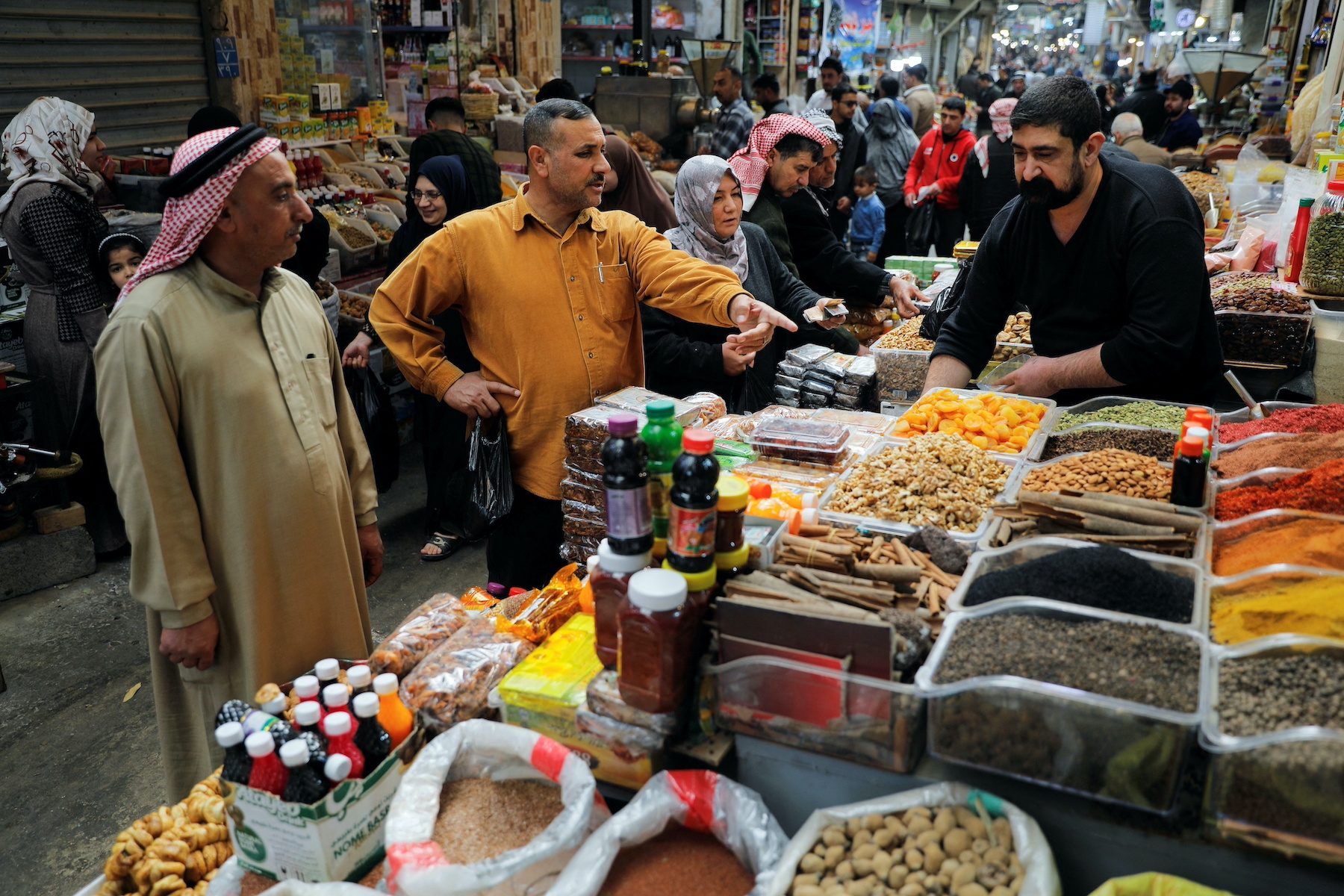
LONDON, United Kingdom – Global food and fuel price shocks linked to the Russia-Ukraine war are set to last until at least the end of 2024 and raise the risk of of stagflation, the World Bank said in its latest Commodities Market Outlook report.
In its first comprehensive analysis of the war’s impact on commodity markets, the bank, which provides loans and grants to low- and middle-income countries, said the world faces the biggest commodity price shock since the 1970s.
It is being aggravated, it said, by restrictions in food, fuel, and fertilizer trade that are exacerbating already elevated inflationary pressures around the world.
“Policymakers should take every opportunity to increase economic growth at home and avoid actions that bring harm to the global economy,” said Indermit Gill, the World Bank’s vice president for equitable growth, finance, and institutions.
Russia is the world’s largest natural gas and fertilizer exporter, and second largest crude oil exporter. Together with Ukraine, it accounts for nearly a third of global wheat exports, 19% of corn exports, and 80% of sunflower oil exports.
Production and exports of these and other commodities have been disrupted since Russia’s February 24 invasion of Ukraine.
As a result, the World Bank expects energy prices to rise more than 50% in 2022 before easing in 2023 and 2024, while non-energy prices, including agriculture and metals, are seen climbing by almost 20% in 2022 before moderating.
The bank said commodity prices will only retreat slightly and stay well above the most recent five-year average for the medium term.
“In the event of a prolonged war, or additional [Western] sanctions on Russia, prices could be even higher and more volatile than currently projected,” it said.
In terms of policy responses to the crisis, the bank singled out tax cuts and subsidies that it said tend to exacerbate supply shortfalls and price hikes, calling instead for school feeding programs as well as cash transfers and public employment programs for disadvantaged groups. – Rappler.com
Add a comment
How does this make you feel?
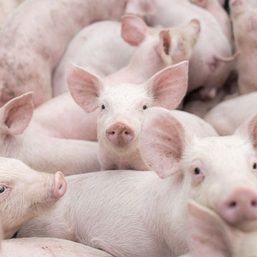
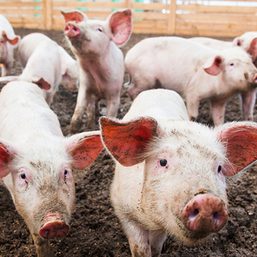

![[ANALYSIS] A post mortem on the rice price ceiling](https://www.rappler.com/tachyon/2023/10/tl-riceceiling.jpg?resize=257%2C257&crop=245px%2C0px%2C720px%2C720px)
![[EDITORIAL] Talagang ‘ibang usapin ang bigas’](https://www.rappler.com/tachyon/2023/10/animated-rice-inflation-bbm-carousel.jpg?resize=257%2C257&crop_strategy=attention)


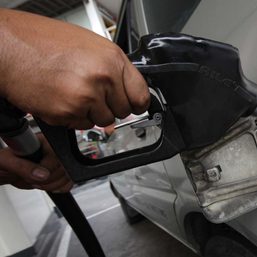
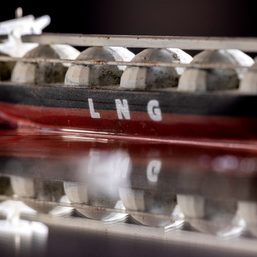






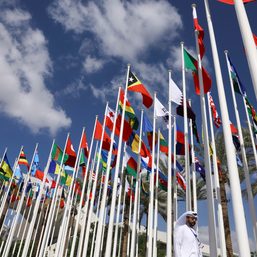


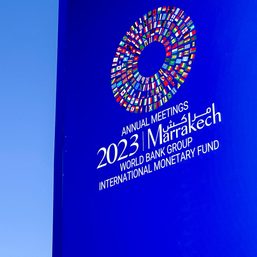

There are no comments yet. Add your comment to start the conversation.